To develop emergency evacuation routes throughout Marion County in case of natural disasters, UO students spent many hours and drove many miles. They traversed rural roads, met with public safety officials and talked to longtime residents about what it takes to persevere when floods, wildfires and other disasters strike.

Taking care of child care in Oregon and beyond
Lane County
UO students spent two terms researching the cost and availability of child care in Oregon, with a focus on employees of Lane County. Their recommendations could help solve a growing problem for the state and nation.
All but one county in Oregon qualifies as a child care desert, according to the definition used in the study: more than three children for every available slot in a regulated facility.
The team's research included stakeholder interviews and a survey of county employees. They also looked at solutions adopted by U.S. businesses and other countries.
Lane County is adopting some of their recommendations and looking at others for the future.
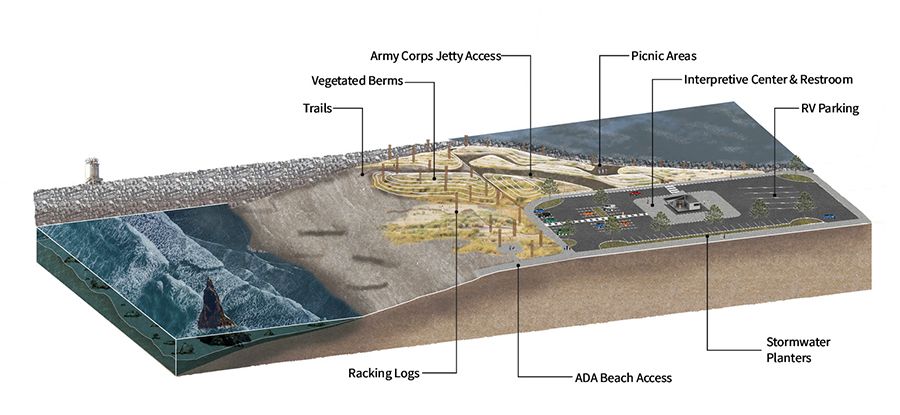
Helping an Oregon coastal community become more resilient
Bandon
Where the Coquille River meets the ocean, Bandon's South Jetty is both beautiful and hazardous. This low-lying shorefront along Oregon's south coast is vulnerable to flooding, storm surges and king tides.
Thanks to UO students, Bandon has a new toolkit for addressing those threats.
Drawing from historic research, a community survey and digital geographic modeling, the team developed planning recommendations and educational resources.
Their goals were to make the community more resilient, improve accessibility, create new recreational opportunities, and raise awareness about coastal hazards and evacuation procedures.
For each idea, the group included estimated costs, potential funding sources and permitting requirements to make it easier for the city to take the next steps.
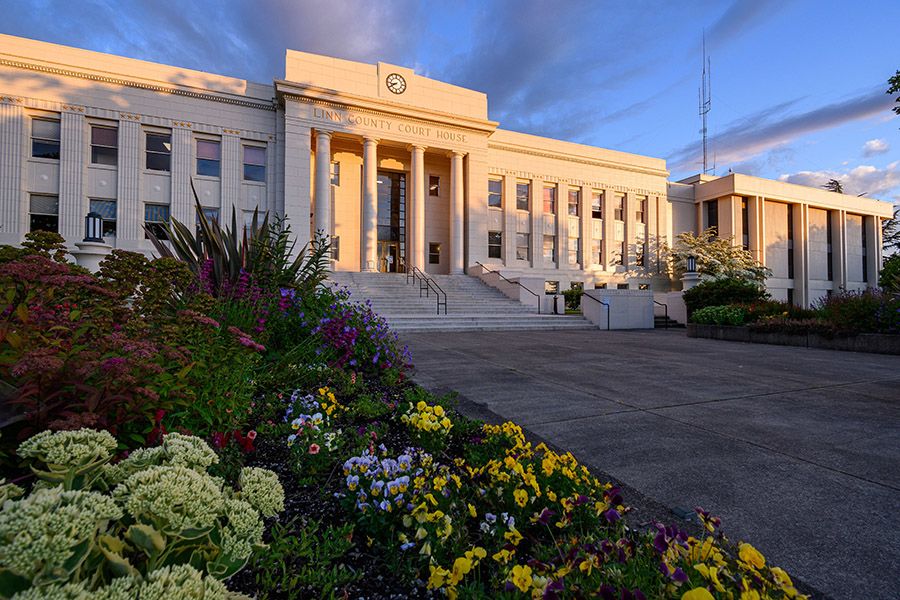
Planning for hazards in one of Oregon's historic treasures
Albany
Albany boasts a rich, diverse architectural history.
Featuring older materials and construction, many of Albany's historic buildings are managed by nonprofits. And they're vulnerable to natural disasters such as earthquakes, wildfires, floods and winter storms.
A group of UO students worked with city officials to develop a disaster resilience plan for those heritage resources.
They also collaborated with local organizations and community members, immediately providing training and building networks with experts to promote disaster preparedness at the grassroots level.
Those efforts included basics like making sure buildings had fire extinguishers and emergency supplies, as well as more complex strategies such as insurance and evacuation plans.
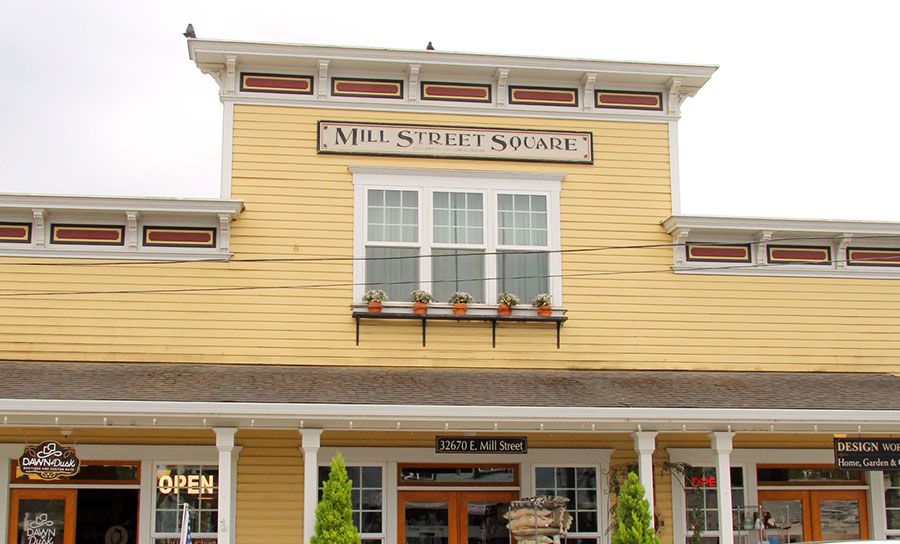
Checking the pulse of
small-town Oregon
Coburg
Collaborating with Coburg city officials, students in a course titled "Real World: Lane County" conducted a survey of residents living in the town of approximately 1,300. Their goal was to determine what citizens liked, disliked and wanted to see change.
According to their research, Coburgians were most satisfied with their overall quality of life, safety, belonging and their perception of the city as a place to live.
Their concerns included road quality, water and sewer costs, availability of groceries, home prices, quality and density of new housing and population increases.
Overall, they hoped for more recreation options, senior services, policing and preserving Coburg's small-town feel. All of that input will help city officials with their strategic planning for Coburg's future.
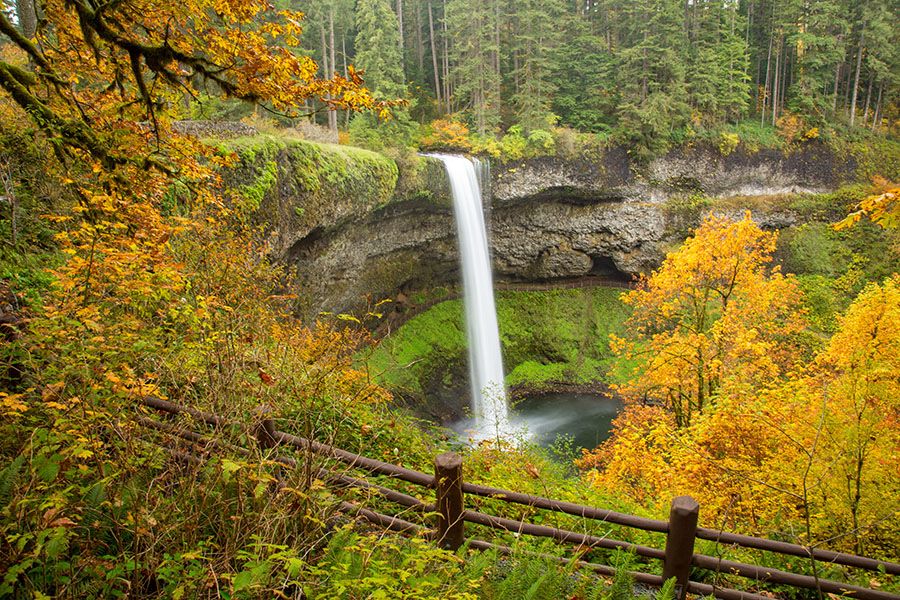
Preparing for potential disasters
Marion County
UO students worked with Marion County Emergency Management to develop evacuation maps and other resources to help people respond to natural disasters throughout the county.
Their project conveys essential information about wildfires, floods and earthquakes, as well as details about specific areas and how residents can become more resilient.
Escape route maps will be provided to local authorities and posted in popular public areas such as state parks and hot springs. Going beyond internet data, students spent months traveling many miles, working with officials and interviewing community partners.
Their maps include the safest alternatives in case main roads are blocked, as well as where to find shelter and gather and find crucial services.
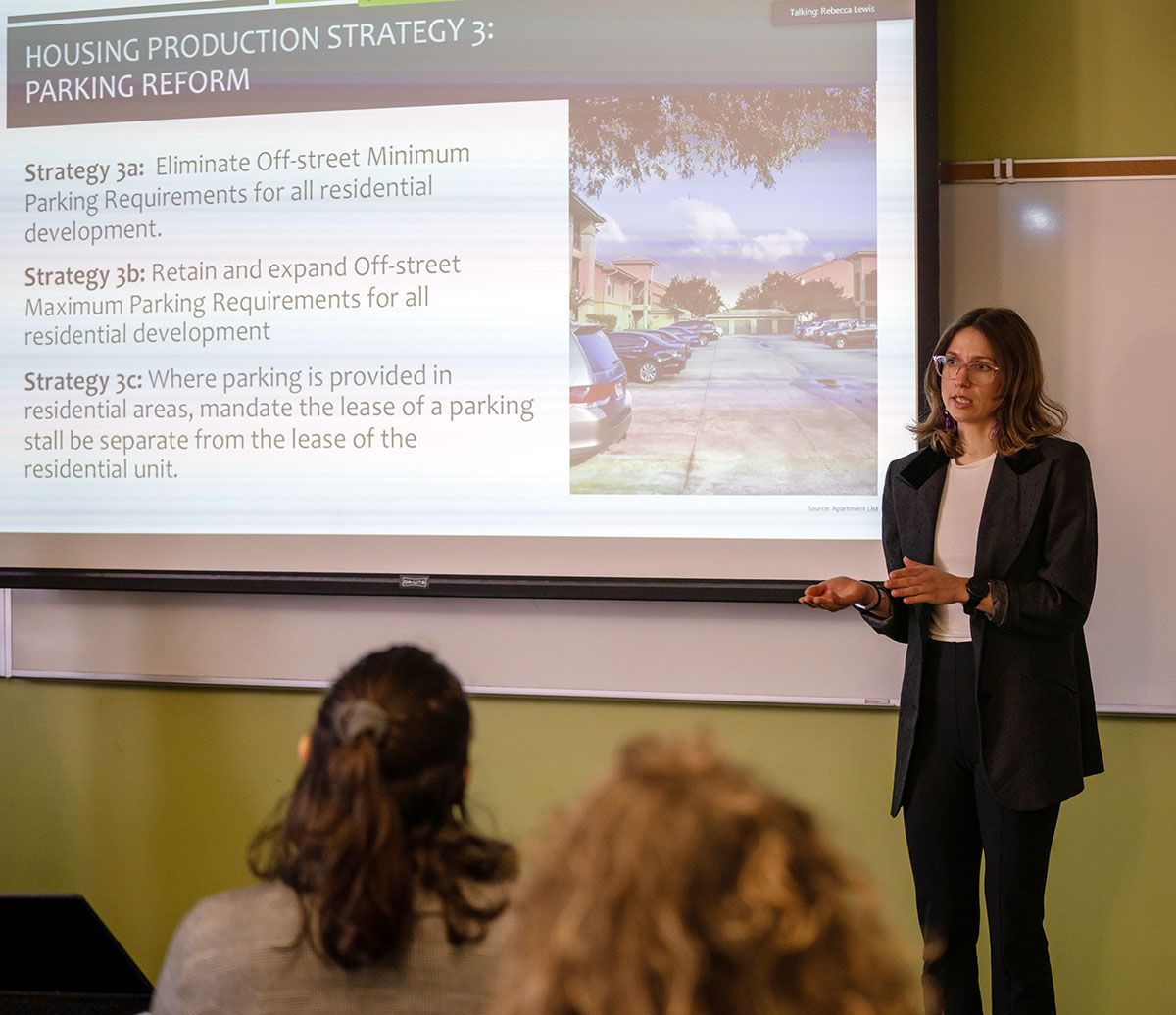
Service happens here
At the School of Planning, Public Policy and Management in the College of Design, students learn in classrooms and communities. Through hands-on training, they prepare for careers while building resumes. And they work to make a difference while working on a degree.






